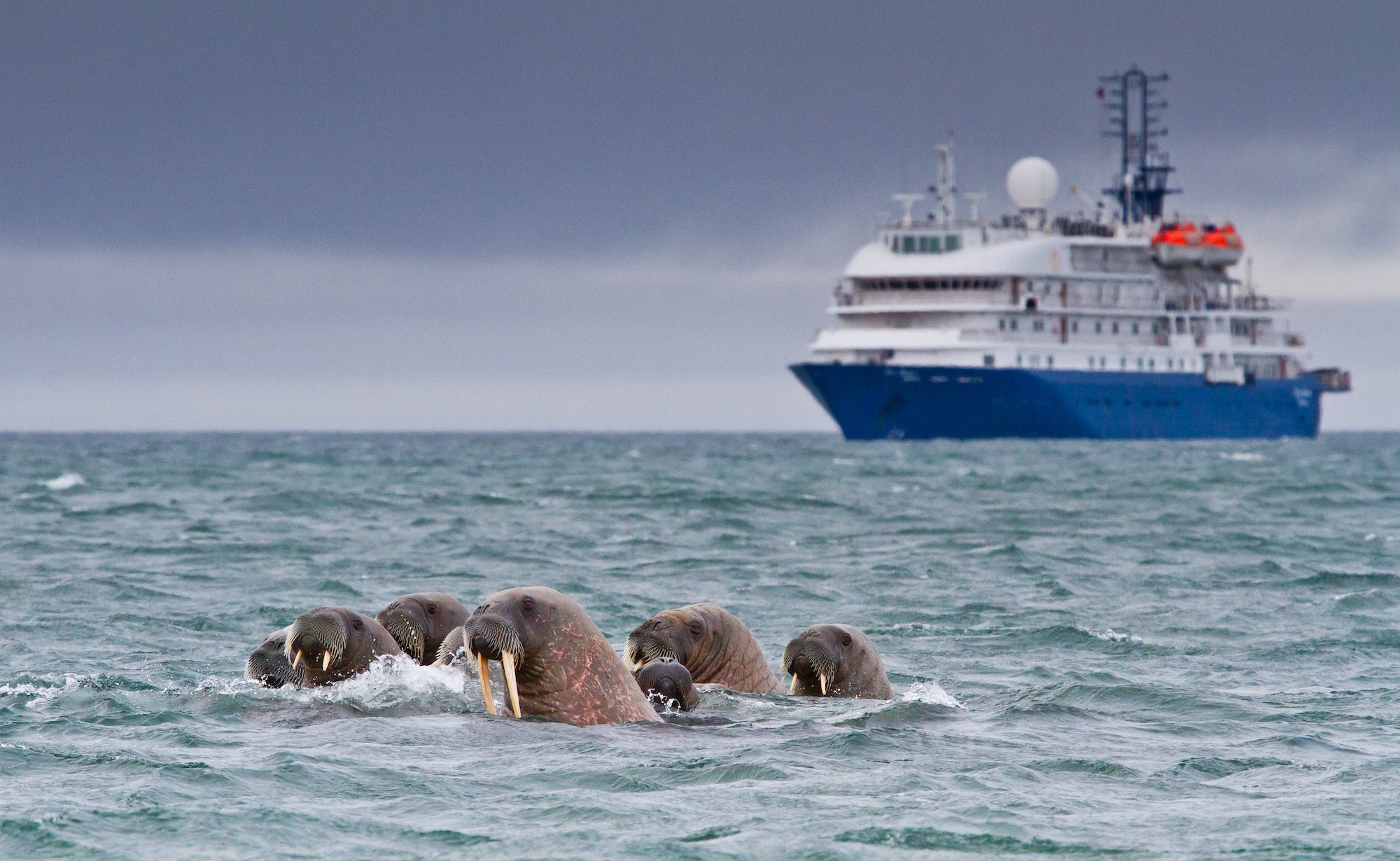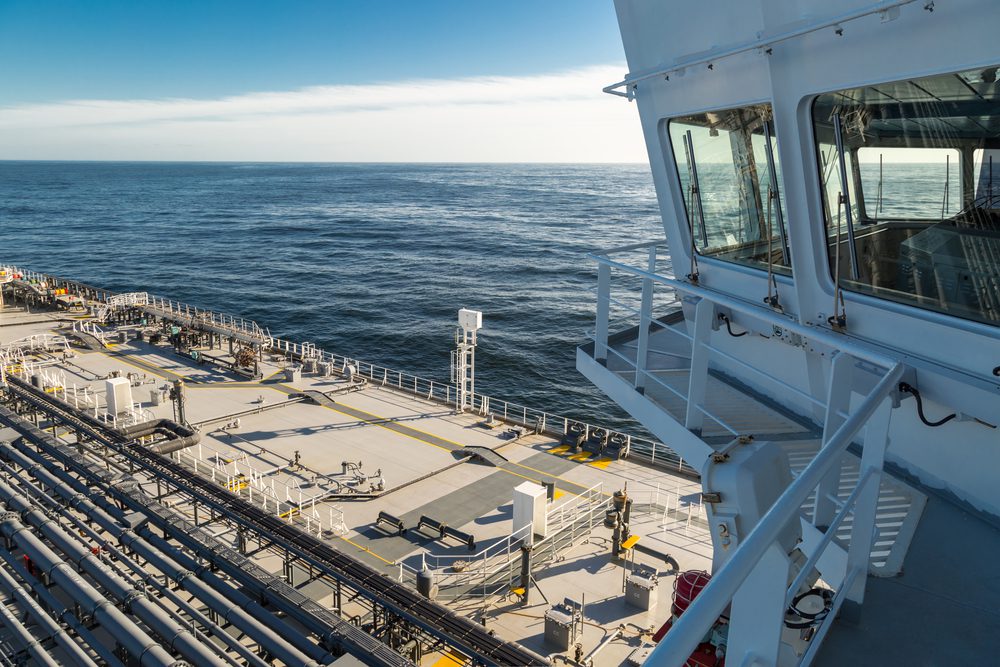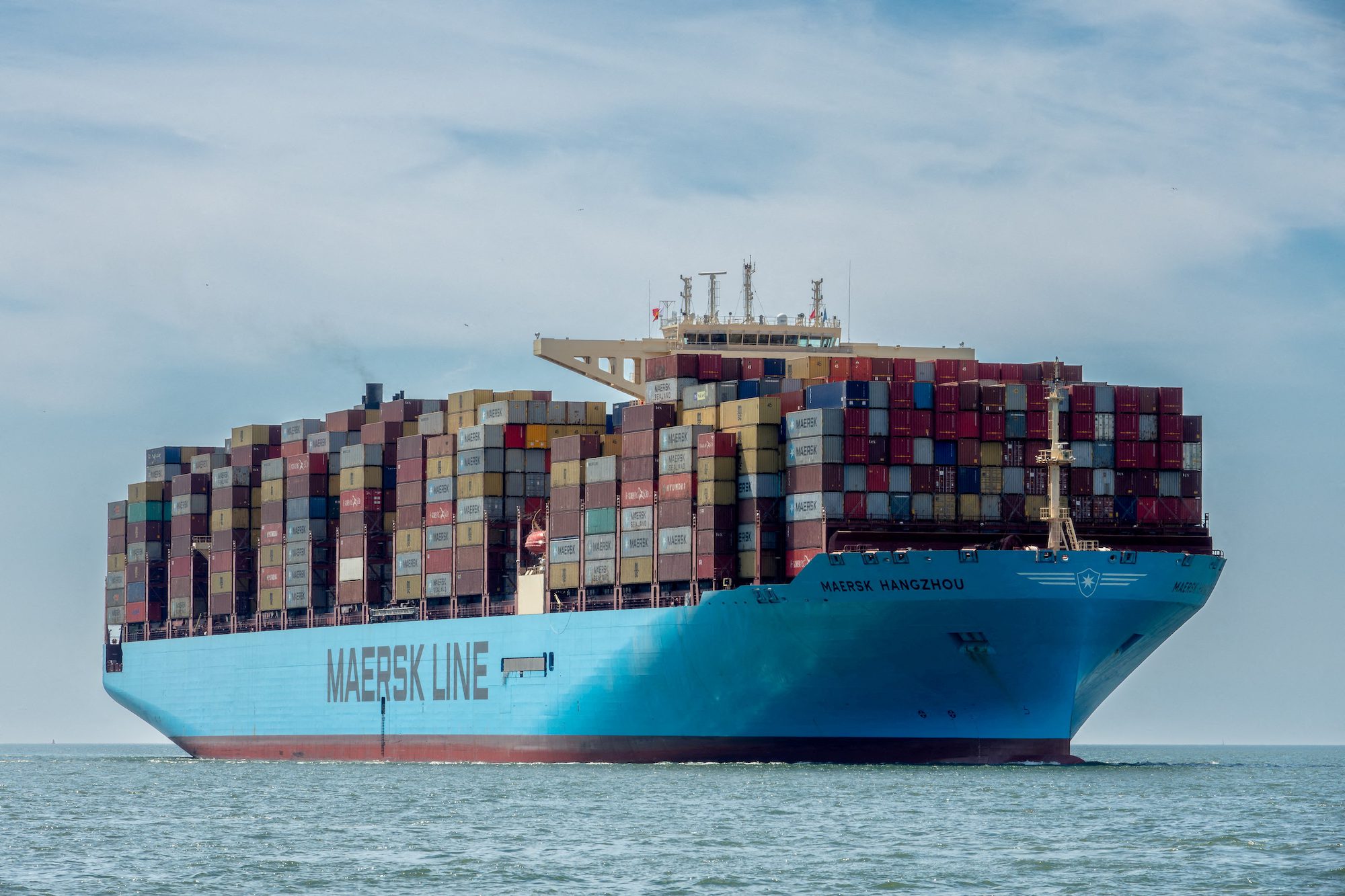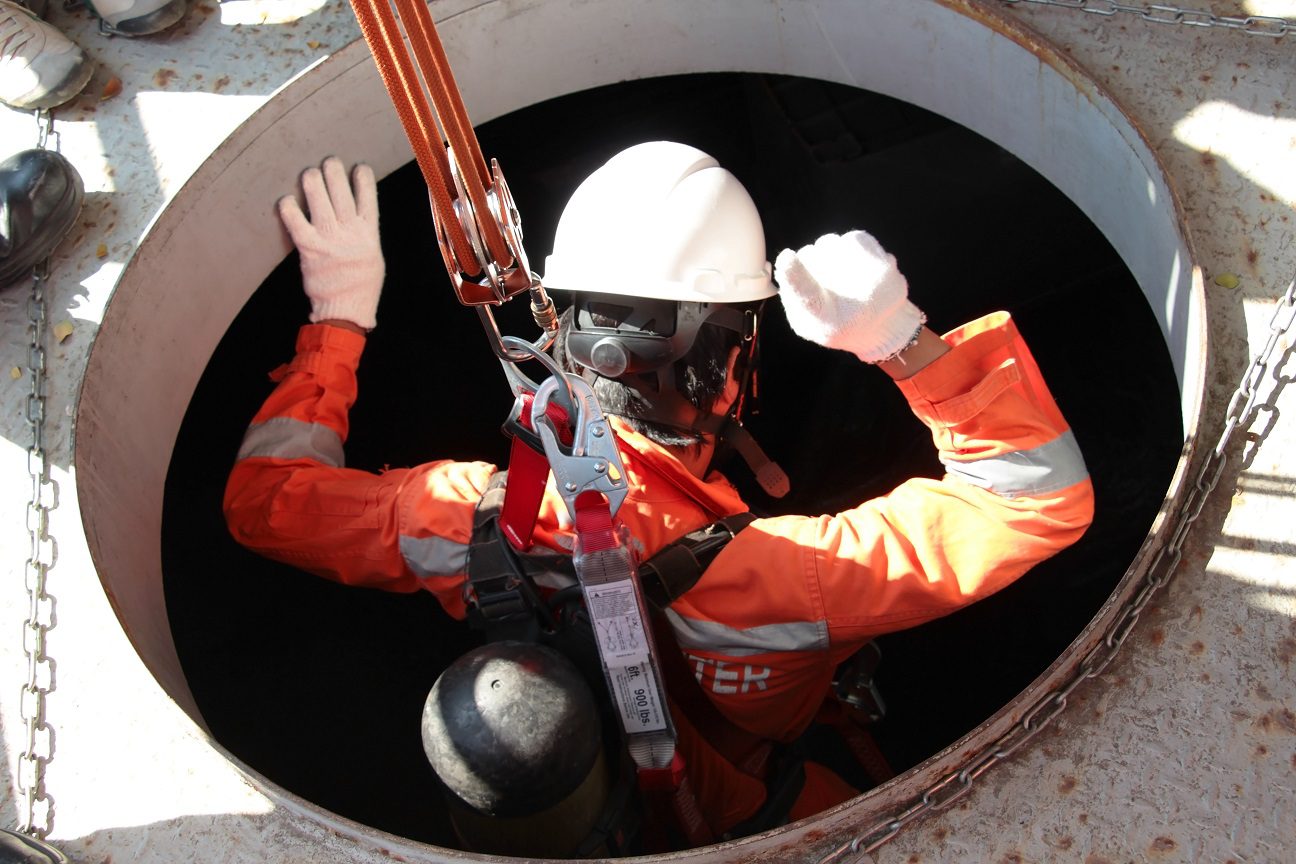By Danielle Bochove (Bloomberg) —
The International Maritime Organization, a United Nations agency responsible for the safety and security of global shipping and the prevention of pollution by the industry, is revising 2014 guidelines for commercial ships in order to reduce underwater noise that threatens some marine species.
Among the organizations that had pushed for changes, a group representing Inuit communities in Canada, the US, Greenland and Chukotka, an autonomous district of Russia, had asked for greater protection of the marine animals on which their livelihoods and culture depend.
The draft revisions, which still need to be approved by the IMO’s Marine Environment Protection Committee this summer, include multiple references to the Inuit Nunaat, or homeland. For the first time, they also recognize the importance of Indigenous knowledge in measuring the effects of shipping noise on the environment.
“We came out of the meetings really encouraged,” said Lisa Koperqualuk, president of the Inuit Circumpolar Council, which has pushed for stricter measures to reduce underwater noise in the Arctic. While the group failed to get an Arctic-specific annex included in the revised guidelines, the Indigenous inclusions are “a wonderful step up from the previous guidelines,” Koperqualuk said.
Scientists are increasingly flagging the importance of Inuit expertise when trying to gauge the effects of development on Arctic habitats. Climate change is opening the global Arctic to more shipping traffic, bringing economic opportunities to some Indigenous communities but also creating new risks.
As more vessels arrive, Inuit are witnessing changes to animal behavior, including migration and reproduction patterns. Some marine species, for example ringed seal and narwhal, are of particular importance to Arctic communities.
The revised guidelines detail best practices for commercial ships to reduce noise, including optimizing propeller and hull design, reducing speed, adjusting routes to minimize travel through sensitive areas and proper maintenance. While they apply to global shipping, the revisions note the potential for noise-sensitive species in the Arctic to be affected, along with the Inuit who live there.
“Additional efforts to decrease impacts to marine wildlife are advisable for ships that operate in these areas, including particular attention to reducing the noise impact from icebreaking and implementation of operational approaches and monitoring,” the IMO said in the revised guidelines.
Quiet Arctic
Waters in the Inuit Nunaat are naturally quieter than those in other parts of the world and sounds may travel farther for reasons that include temperature, shallowness of the seabed and changing salinity gradients, the Inuit Circumpolar Council argued in its submission to the IMO.
Meanwhile, icebreakers and ships capable of traversing the region are likely to be noisier. Noise pollution from ships more than doubled in some parts of the Arctic between 2013 and 2019, according to a report from Protection of the Arctic Marine Environment (PAME).
Some Arctic marine animals may have evolved better hearing, to navigate under thick ice, than their relatives elsewhere. “Underwater noise in some parts of the Arctic is already at levels that are likely interfering with the abilities of whales, seals, and walrus to communicate and use sound, and could be affecting other marine life,” the report notes. “As sea ice continues to diminish, shipping and underwater noise will grow.”
The Inuit council also argued for mandatory, rather than voluntary, rules. There was some openness in the room to that need, but it’s a “difficult discussion,” Koperqualuk said, and the guidelines remain non-binding. The council gained consultative status at the IMO in 2021, and the next step is to make its status permanent, she added.
The risk that increased shipping of iron ore would disrupt narwhal behavior was a major concern of Inuit in Canada who successfully opposed a major mining expansion proposal by Baffinland Iron Mines last year.
© 2023 Bloomberg L.P.
Unlock Exclusive Insights Today!
Join the gCaptain Club for curated content, insider opinions, and vibrant community discussions.

 Join The Club
Join The Club













